CHAPEL HILL – The partial government shutdown has ended, but that doesn’t mean that Washington has a plan yet for dodging a potential sequel.
The 16-day shutdown ended last week with lawmakers funding the government through January 15 and suspending the debt limit until February 7.
Congressman David Price (D-NC 4th District) gave us his take on the chance of a repeat happening in the new year.
“I hope that we have learned something. In particular, the Republicans in the House who have precipitated this have learned something,” Price said.
Price told WCHL’s Aaron Keck Monday that Republican legislators have offered mixed opinions on pushing for another shutdown. Senator Ted Cruz (R-Texas), Price explained, was a driving force behind the Oct. shutdown and could reignite the battle in 2014.
“I have to say that most of the prognostications are pretty pessimistic for anything very grand,” Price said. He added that Senate Minority Leader Mitch McConnell (R-Kentucky) “had a much more measured” view of the shutdown and will likely be more inclined to prevent it from happening again.
**Listen to the full interview with Congressman Price**
“This was a reckless action. It was precipitated by the Tea Party faction of the House Republican Caucus. It didn’t do the Republican Party nationally any good.”
With another deadline coming in the next couple of months, all eyes are on Washington to see if lawmakers can settle their vast differences and avoid another shutdown, or worse, default on its own debts.
In the near-default of 2011, Price recalled the budget crisis then and said that it “did a lot of damage” in terms economic losses in the private and public sectors.
“2011 is a pretty negative memory and yet the Republicans went right up to the brink this time as well.”
In terms of North Carolinians’ opinion on the 2013 Shutdown, a poll showed that 63 percent of people opposed it.
“We did avert the disaster but it really shouldn’t be a possibility,” Price said. “We are the only country that votes on a debt limit. If a country incurs debt, incurs obligations, you have to pay those bills. The time to vote against the bills is at the front end when you are getting the obligations in the first place.”
Price said that the appropriations process works best as an institutional power. He believes the process has become much too influenced by partisan objectives.
“These partisan battles and divisions get imported into the appropriations process and make it impossible to pass the normal kinds of cooperative, very detailed appropriations bills. That’s really an institutional loss,” he said. “It is a loss for the country.”
Related Stories
‹
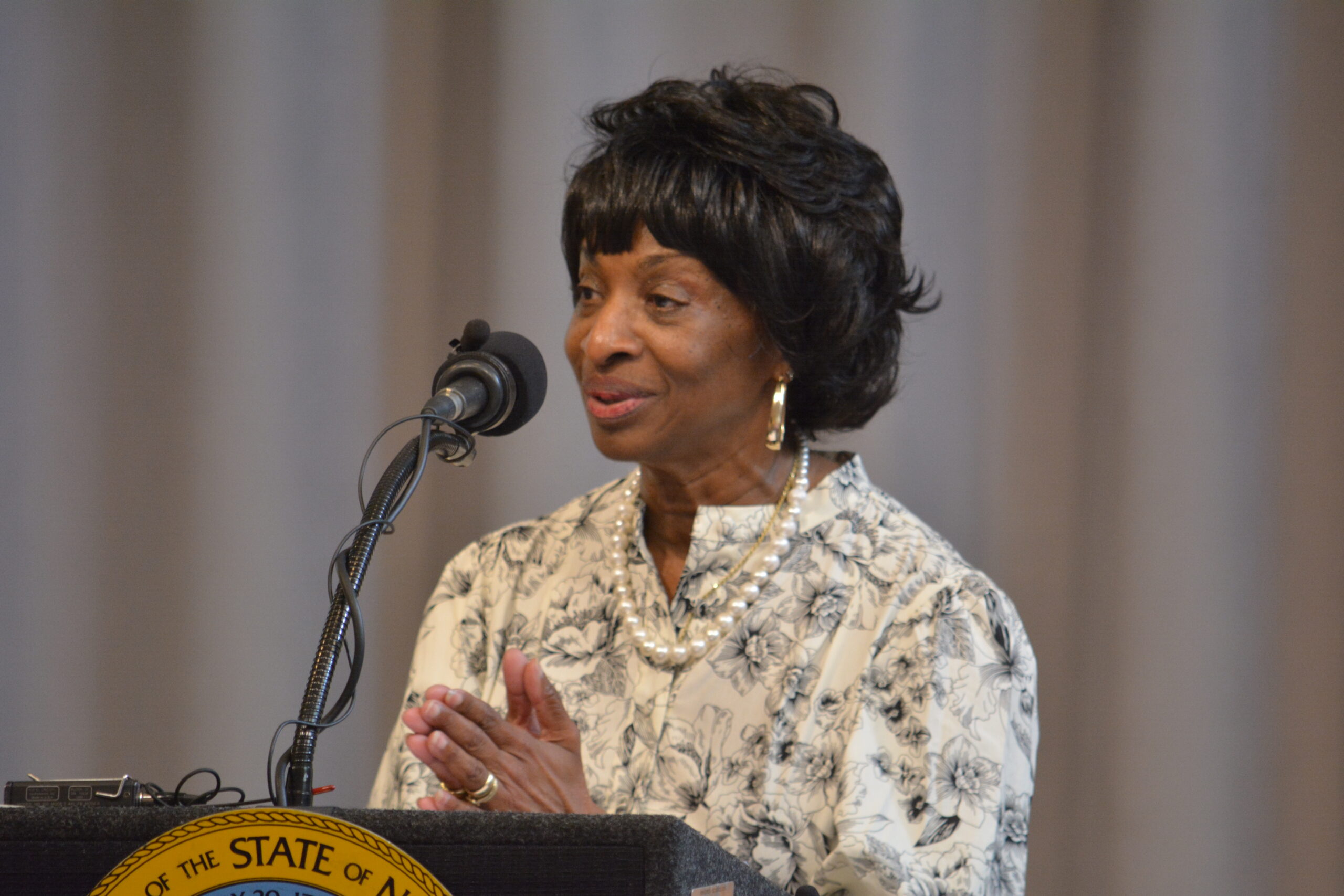
Local U.S. Rep. Valerie Foushee Boycotts Trump's Congressional Address, Citing President's LiesOrange, Durham and Chatham County's U.S. Rep. Valerie Foushee did not attend President Donald Trump's address to Congress Tuesday evening.
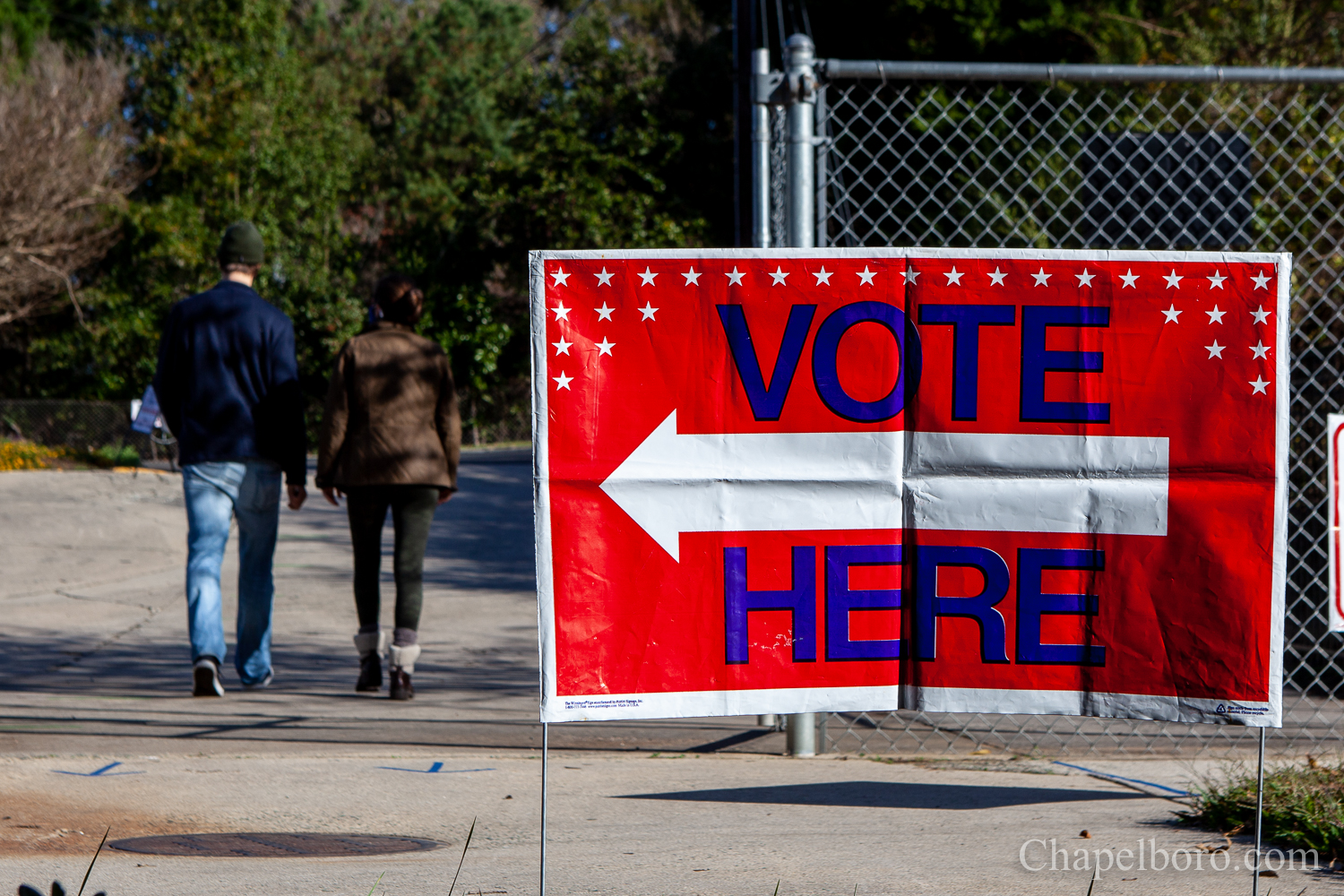
WATCH: Democratic Women of Orange County NC Hold Forum for House District 04As the May 17 primary date gets closer in North Carolina, one of the most crowded races on Orange County’s ballots this year is the Democratic primary for Congressional District 04. The district, which covers all of Orange and Durham counties, has been led by Rep. David Price for several decades. After Price announced his […]
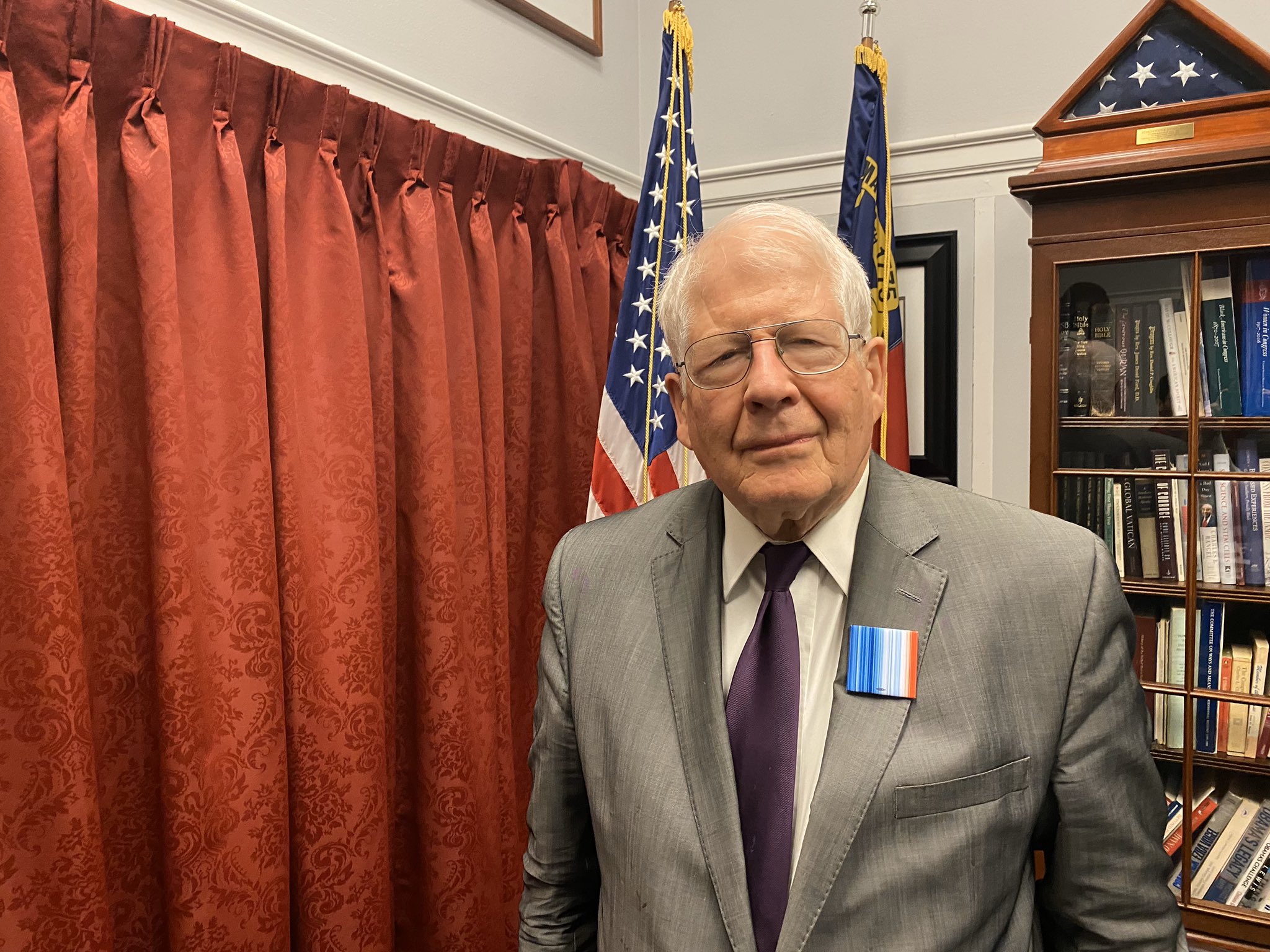
Longtime Orange County Congressman David Price Set to RetireRep. David Price, the longtime Congressman of North Carolina’s 4th District, is set to retire. Price, who is serving his 17th term in the U.S. House, shared he does not plan to run for re-election in 2022, according to a release from his press office. One of the more senior Democratic representatives in Congress, the […]
![]()
GOP Rallies Solidly Against Democrats’ Virus Relief PackageWritten by ALAN FRAM Republicans rallied solidly against Democrats’ proposed $1.9 trillion COVID-19 relief bill as lawmakers awaited a decision by the Senate’s parliamentarian that could bolster or potentially kill a pivotal provision hiking the federal minimum wage. Despite their paper-thin congressional majorities, Democratic leaders were poised to push the sweeping package through the House on Friday. They were hoping […]
![]()
Trump-McConnell Feud Threatens Republicans’ Path To PowerFormer President Donald Trump is escalating a political war within his own party that could undermine the Republican push to fight President Joe Biden’s agenda and ultimately return the party to power. A day after blistering Mitch McConnell, the Senate’s top Republican, as a “dour, sullen and unsmiling political hack,” Trump repeated his baseless claim on Wednesday […]
![]()
GOP’s McConnell Blasts ‘Loony Lies’ by Georgia Rep. GreeneRepublican Senate leader Mitch McConnell denounced newly elected Rep. Marjorie Taylor Greene on Monday, calling the far-right Georgia Republican’s embrace of conspiracy theories and “loony lies” a “cancer for the Republican Party.” “Somebody who’s suggested that perhaps no airplane hit the Pentagon on 9/11, that horrifying school shootings were pre-staged, and that the Clintons crashed […]
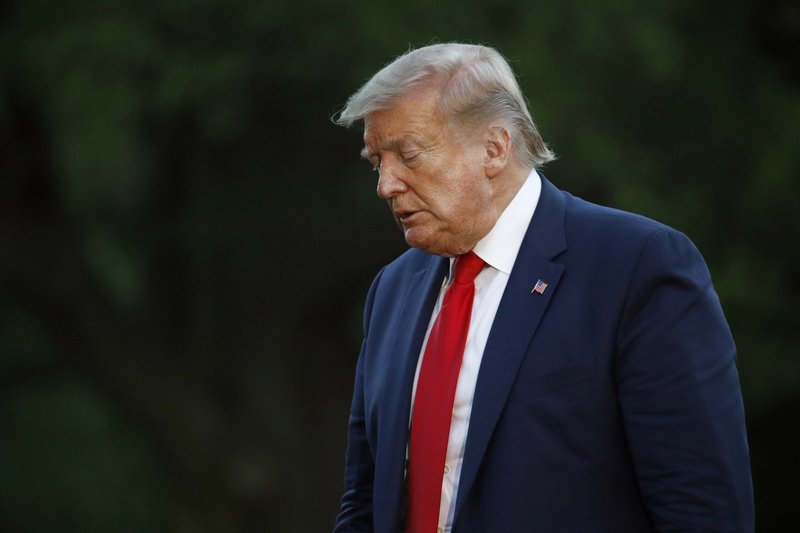
Trump Impeached After Capitol Riot in Historic Second ChargePresident Donald Trump was impeached by the U.S. House for a historic second time Wednesday, charged with “incitement of insurrection” over the deadly mob siege of the Capitol in a swift and stunning collapse of his final days in office. With the Capitol secured by armed National Guard troops inside and out, the House voted 232-197 […]
![]()
Trump’s $2,000 Checks Stall in Senate as GOP Blocks VotePresident Donald Trump’s push for bigger $2,000 COVID-19 relief checks stalled out in the Senate as Republicans blocked a swift vote proposed by Democrats and split within their own ranks over whether to boost spending or defy the White House. The roadblock mounted Tuesday by Senate Majority Leader Mitch McConnell may not be sustainable as pressure mounts. […]
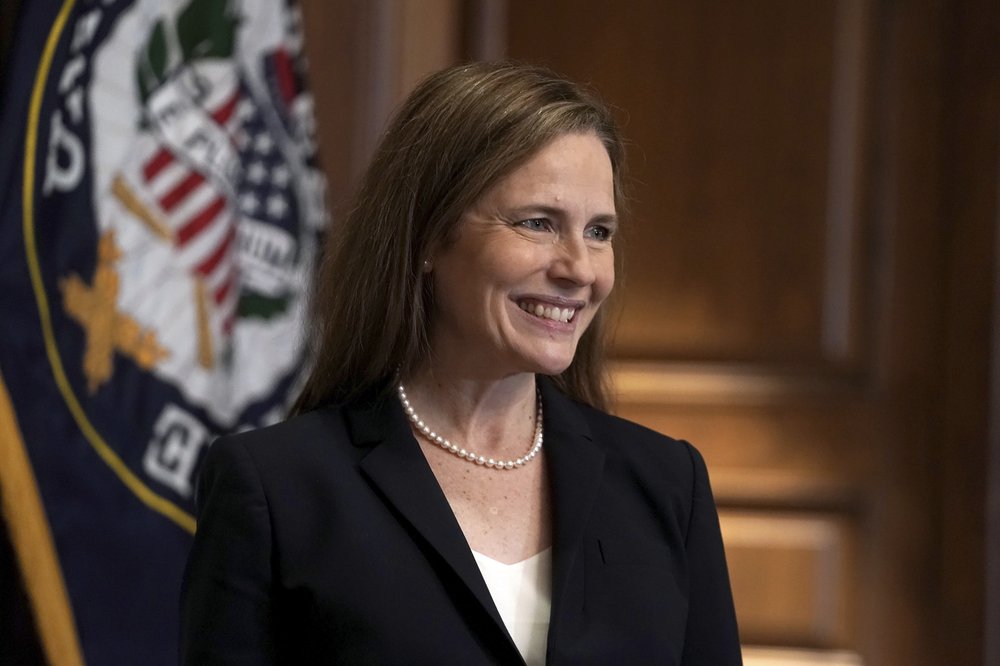
U.S. to Get 9th Justice With Dems Powerless to Block BarrettA deeply torn Senate is set to confirm Amy Coney Barrett to the Supreme Court, giving the country a ninth justice Monday as Republicans overpower Democratic opposition to secure President Donald Trump’s nominee the week before Election Day. Democratic leaders asked Vice President Mike Pence to stay away from presiding over her Senate confirmation due […]
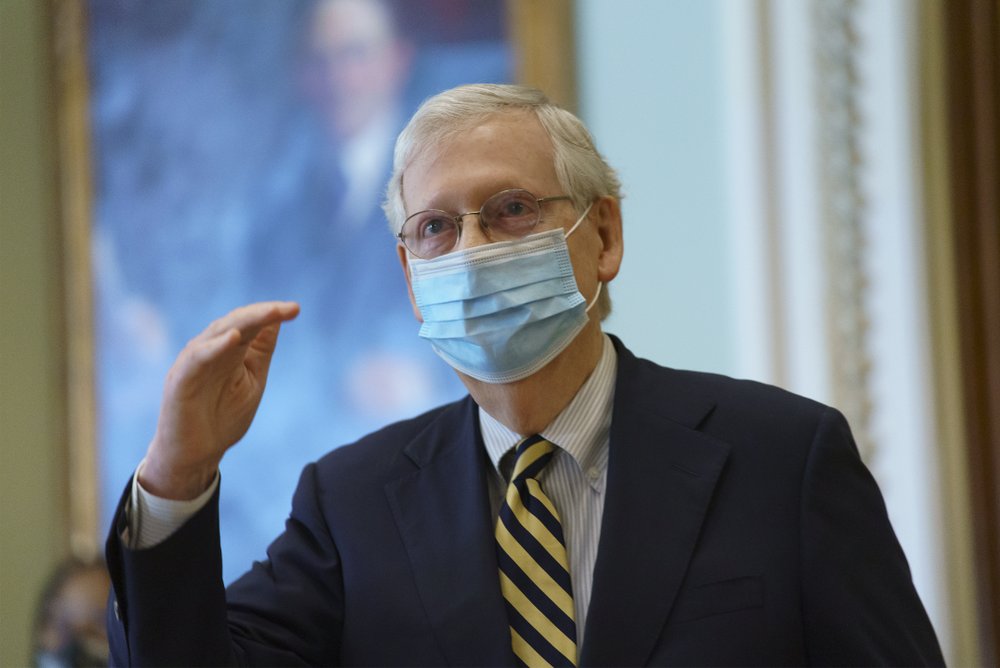
Who’s a Hypocrite? GOP, Dems Debate Past Comments on CourtThe “H” word — hypocrisy — is suddenly in vogue at the Capitol as lawmakers debate how quickly to fill a vacancy on the Supreme Court following the death of liberal Justice Ruth Bader Ginsburg. Senate Majority Leader Mitch McConnell has vowed that President Donald Trump’s as-yet unnamed nominee will receive a vote on the Senate floor […]
›







